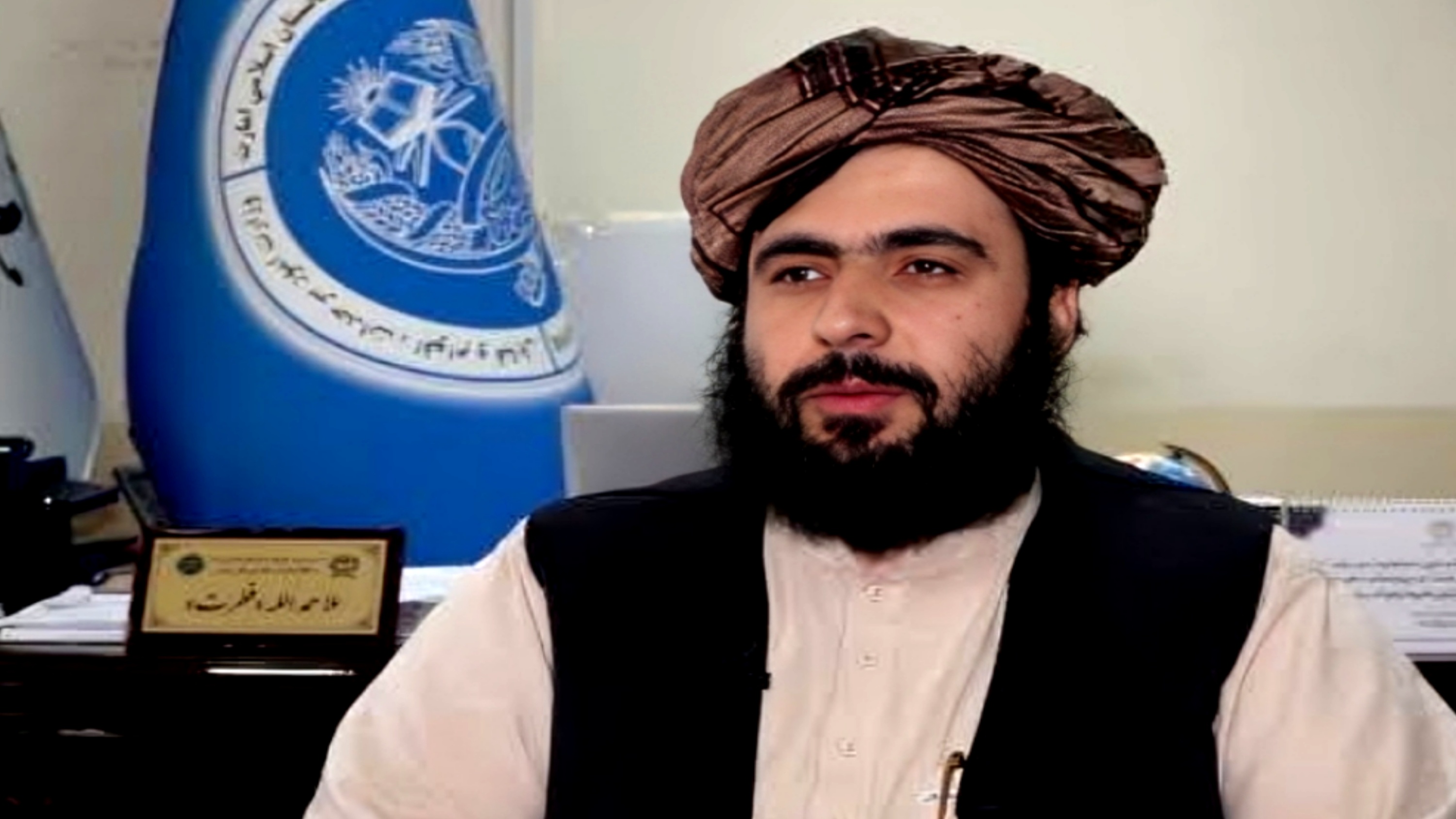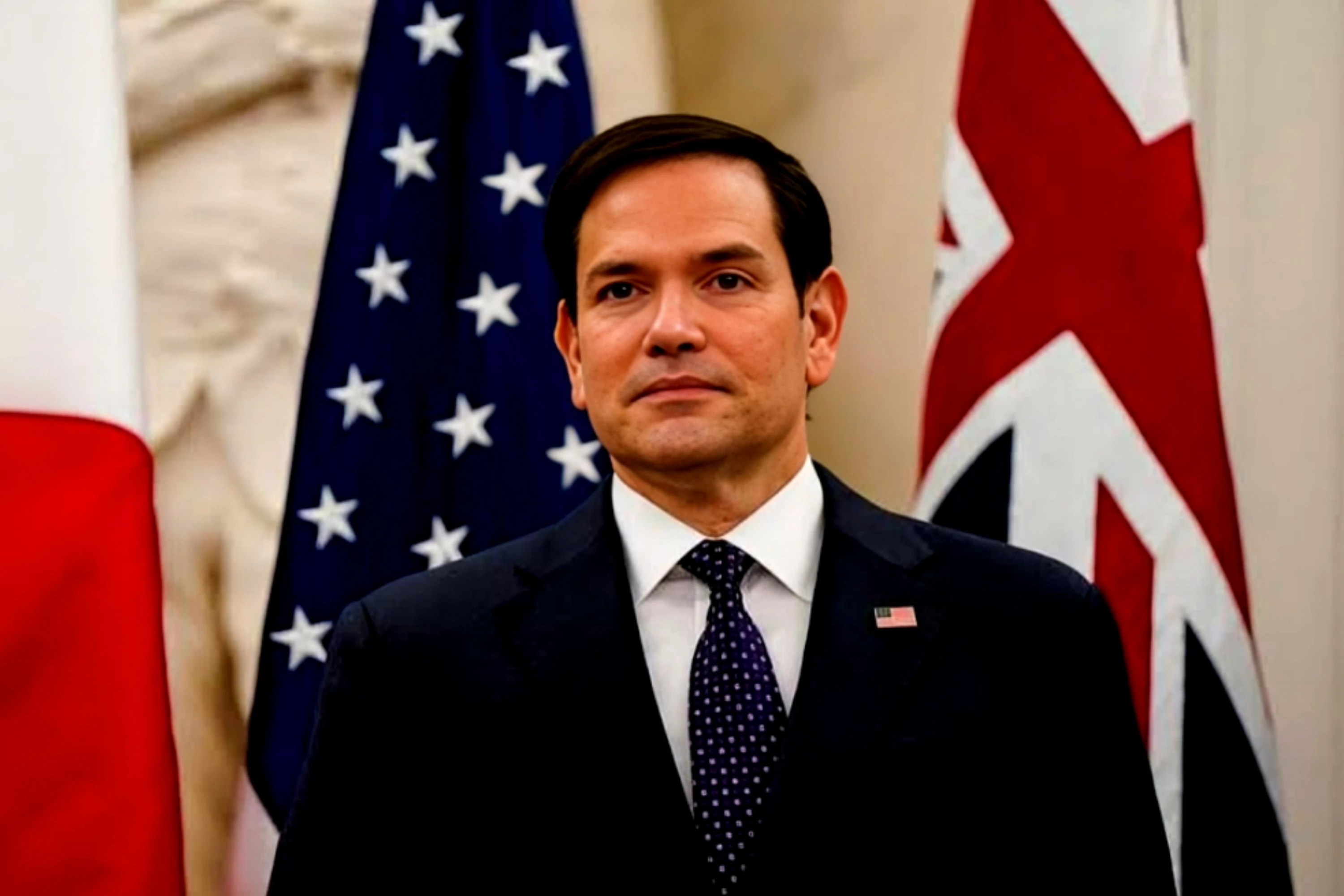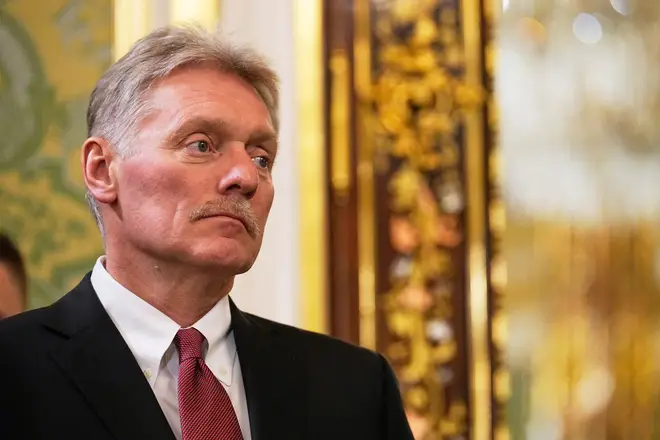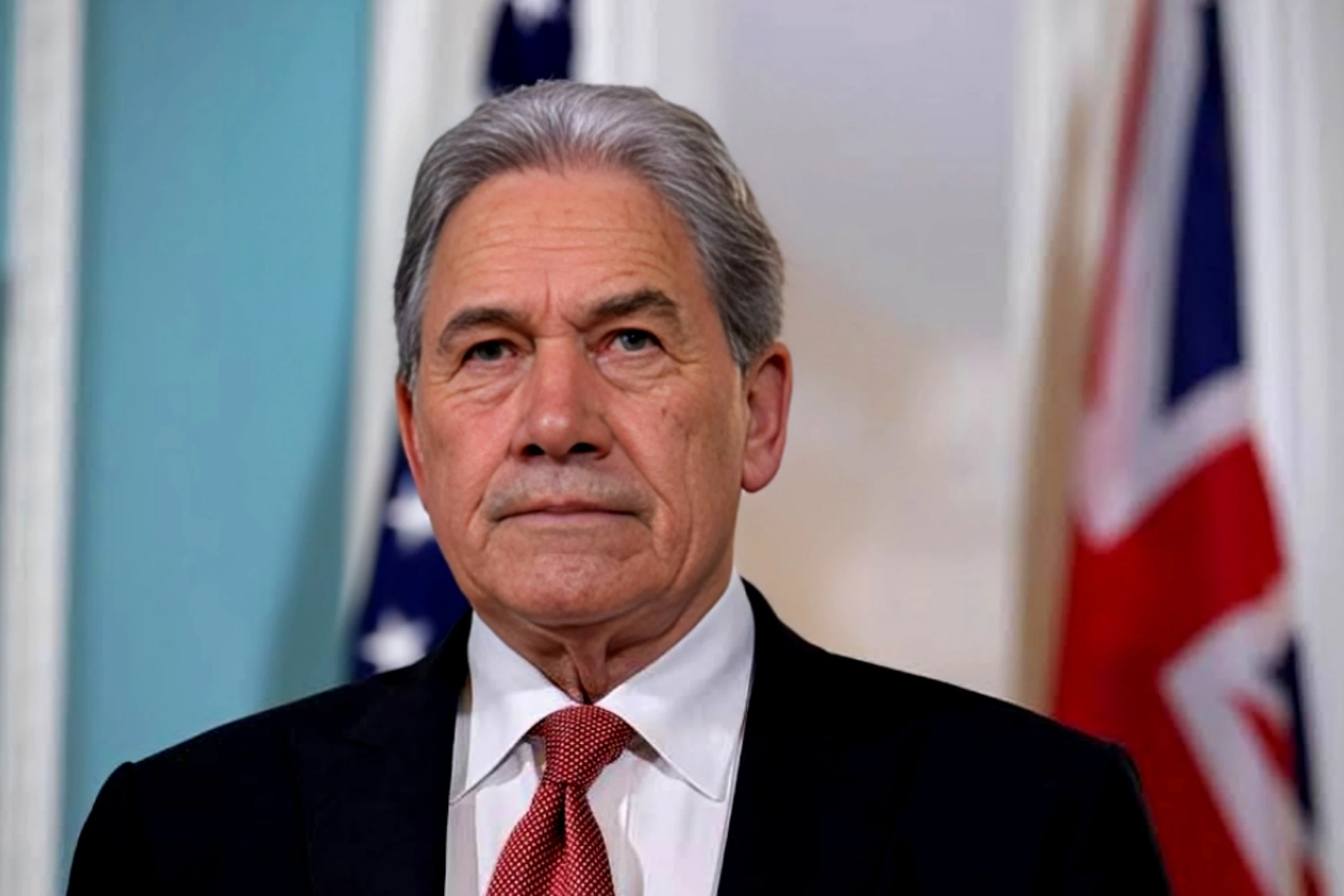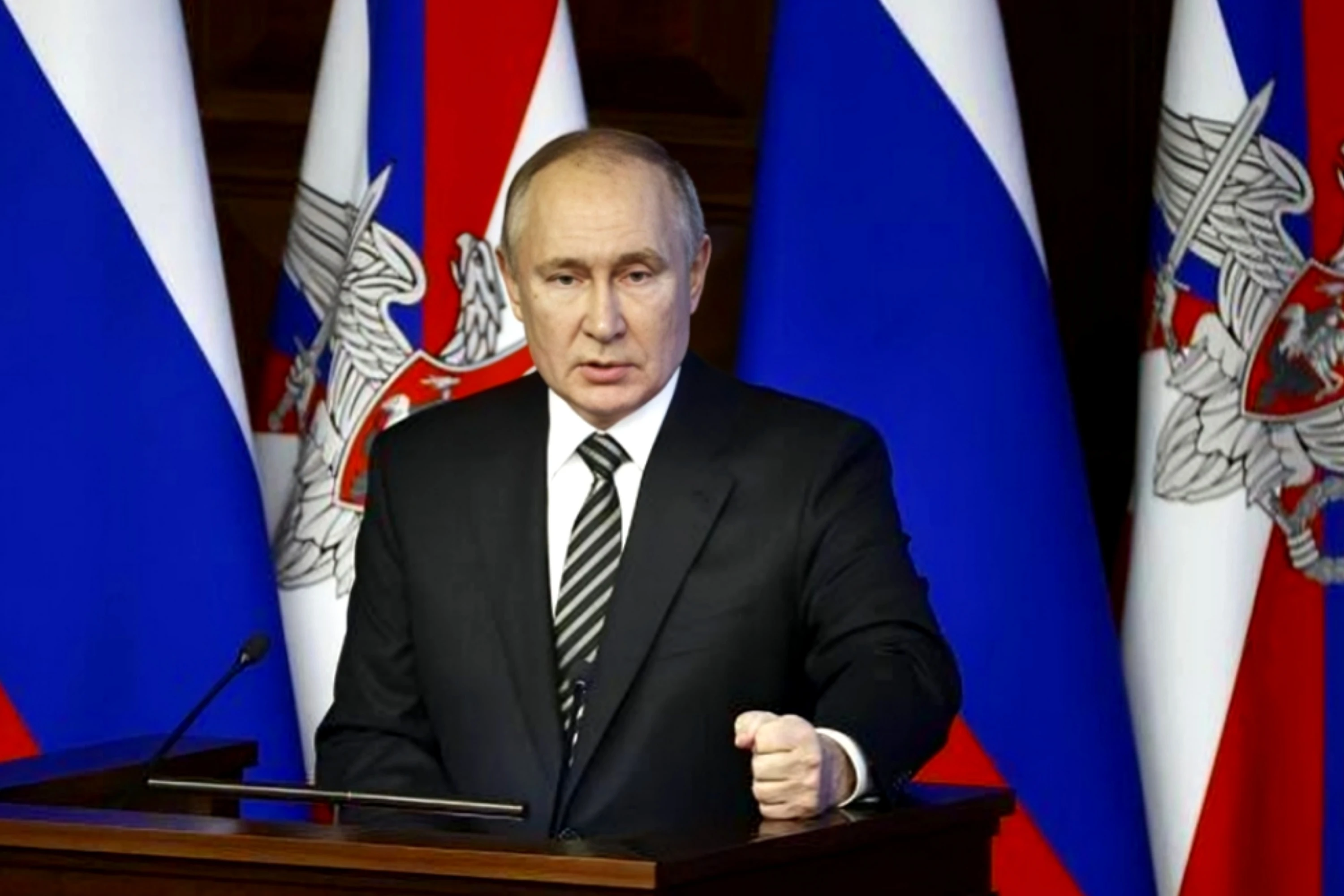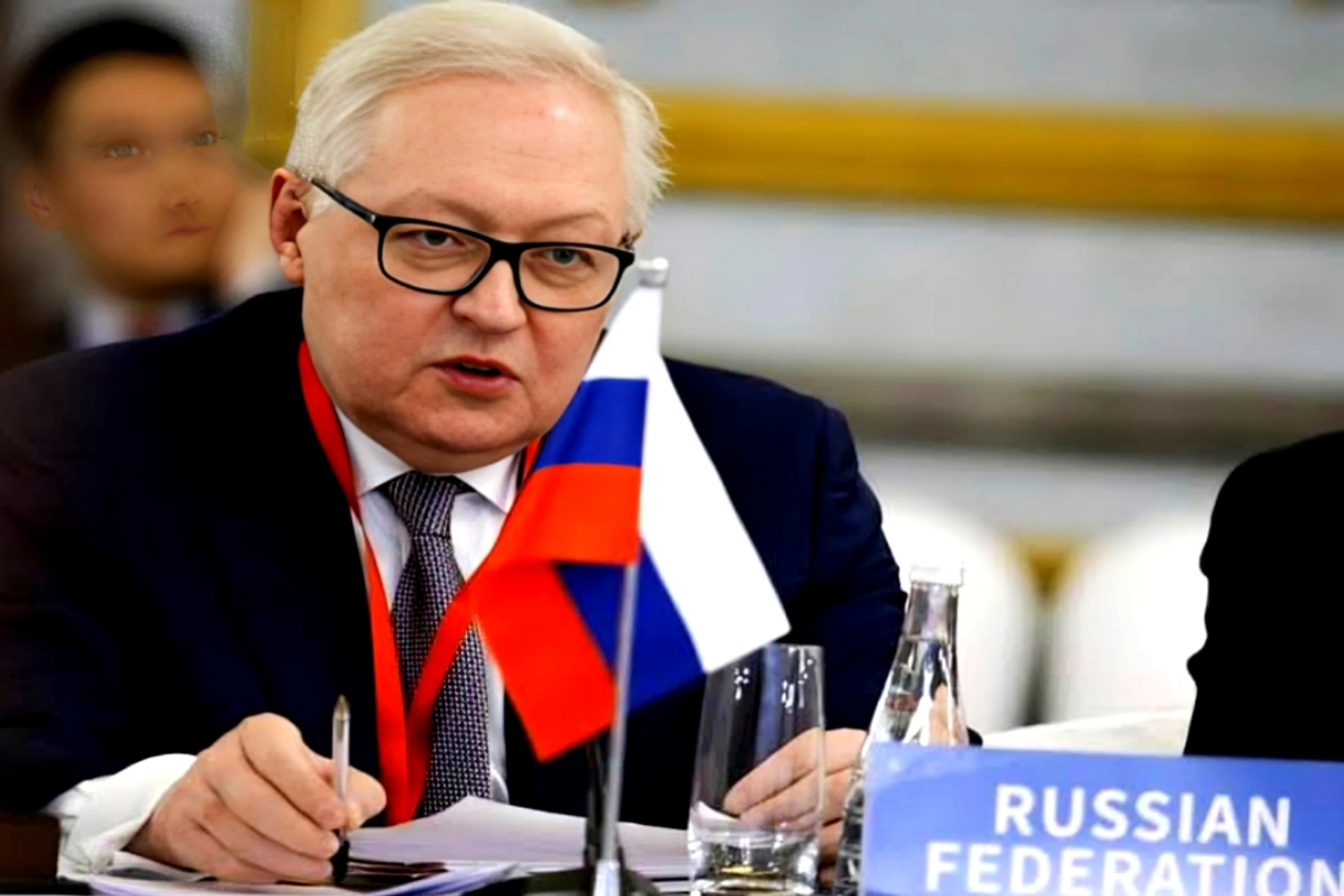Kabul: The United Nations Security Council has extended the mandate of the UN Assistance Mission in Afghanistan (UNAMA) for another year, prompting the Taliban-led government to urge greater international engagement with the country.
Hamdullah Fitrat, deputy spokesperson for the Islamic Emirate, called on UNAMA to focus on fostering Afghanistan’s global relations rather than amplifying concerns or engaging in activities that could be used for negative propaganda against the country.
Following a month of discussions, the UNSC unanimously approved the resolution, extending UNAMA’s presence until March 17, 2026. The mission will continue to prioritize humanitarian aid, economic development, human rights, and diplomatic engagement.
China’s permanent representative to the UN, Fu Cong, reaffirmed the international community’s commitment to Afghanistan’s sovereignty, territorial integrity, and stability while highlighting the country’s economic struggles and humanitarian challenges.
Several member states, including the US, UK, and South Korea, emphasized that human rights—particularly women’s rights—should remain central to UNAMA’s efforts.
Russia advocated for a pragmatic approach, with deputy permanent representative Anna Evstigneeva stressing that Afghanistan’s full reintegration into the international community is essential for long-term peace.
The US representative, Dorothy Shea, echoed calls for strengthened human rights protections, particularly for women and girls, while also supporting UNAMA’s role in addressing the humanitarian crisis and economic stabilization.
Pakistan, however, raised concerns over terrorism, with its permanent representative, Munir Akram, criticizing the Taliban’s handling of security threats. He claimed that Afghanistan has not effectively tackled ISIS and other militant groups, leading to cross-border attacks.


